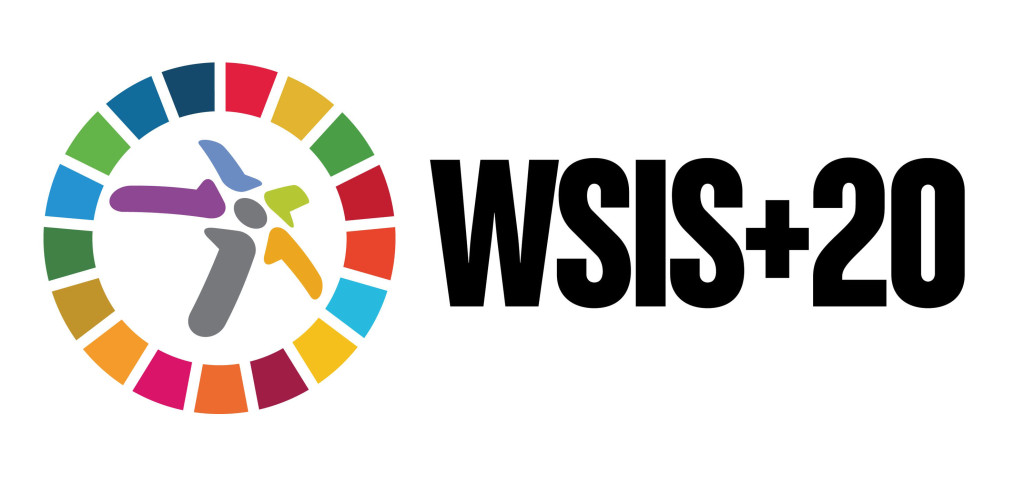GFMD urges stronger safeguards for media freedom and digital rights in WSIS+20 outcome draft

The Global Forum for Media Development (GFMD) has called on governments and the United Nations to strengthen commitments on media freedom, journalist protection, and digital rights in the forthcoming WSIS+20 outcome document. In its detailed submission to the Zero Draft, dated 3 October 2025, GFMD argues that independent journalism and access to reliable information must remain at the heart of the information society.
The Forum welcomed the progress made in the Zero Draft, particularly the recognition of human rights, media independence, and multistakeholder governance. GFMD praised the inclusion of explicit references to the Universal Declaration of Human Rights (Articles 19 and 29), the protection of journalists and whistleblowers, and the acknowledgement of an open and interoperable internet. It also supports the decision to make the Internet Governance Forum (IGF) a permanent UN body.
At the same time, GFMD calls for several reinforcements to ensure that these principles translate into practice. The organisation proposes new and amended text to strengthen safeguards for media independence, freedom of expression, and journalist safety, as well as to embed accountability and transparency standards for governments and digital platforms.
One of the proposed changes expands the section on meaningful access to the internet, linking connectivity with the right to seek, receive, and impart information. GFMD recommends that the WSIS+20 outcome include language requiring technology companies and social media platforms to ensure transparency in content moderation, recommendation algorithms, and data handling. These measures, it says, are vital for users to make informed choices and for societies to maintain pluralistic and accountable information ecosystems.
On privacy and surveillance, GFMD urges governments to refrain from using technologies that cannot comply with human-rights obligations, such as indiscriminate mass surveillance tools. It calls for the review of national surveillance laws to ensure consistency with international law and for effective remedies for victims of violations.
The submission also strengthens commitments to journalist safety, underlining the importance of encryption and anonymity as essential tools for protecting communications and sources. GFMD warns against any interference with journalists’ use of encryption and calls for states to ensure that any restrictions comply with international human-rights standards.
Addressing misinformation and disinformation, GFMD proposes that the outcome document explicitly recognise the role of free, independent, and diverse media as a safeguard for information integrity. It also recommends closer cooperation among governments, human-rights institutions, civil society, and technology companies. Platforms, it says, should regularly assess how their business models and algorithmic systems contribute to the spread of disinformation and hate speech, in line with the UN Guiding Principles on Business and Human Rights.
The Forum’s inputs further develop a broader accountability framework for the digital environment. It calls for transparent, independent, and non-discriminatory legal and regulatory frameworks that protect individuals from human-rights abuses in digital spaces. Private companies, according to GFMD, must integrate human-rights due diligence into every stage of technology design and deployment, and ensure access to remedies for affected users.
New provisions are also proposed to explicitly prohibit internet shutdowns and unlawful online censorship, urging states to refrain from any practices that restrict the free flow of information or disrupt access to communication networks.
In a final appeal, GFMD asks the WSIS+20 co-facilitators to hold a dedicated consultation with media organisations and journalists during the next phase of the process, stressing that information and communication are central to the WSIS vision.
Taken together, GFMD’s proposals reinforce the need for a safe, open, and rights-based digital environment, where journalism can thrive and citizens can freely access trustworthy information.


